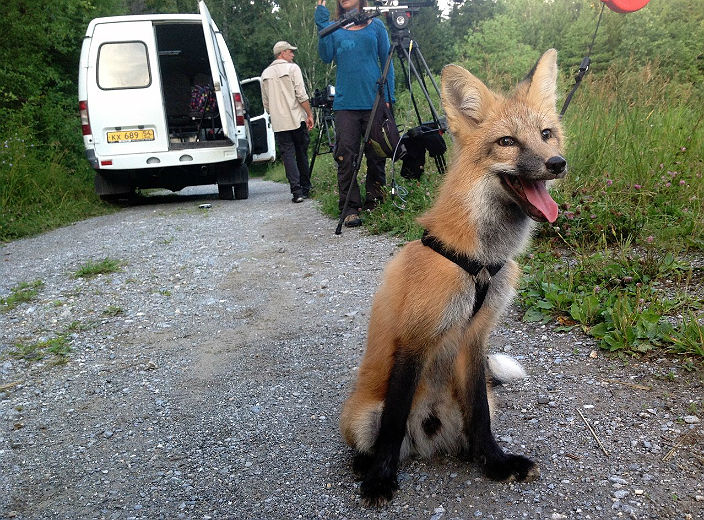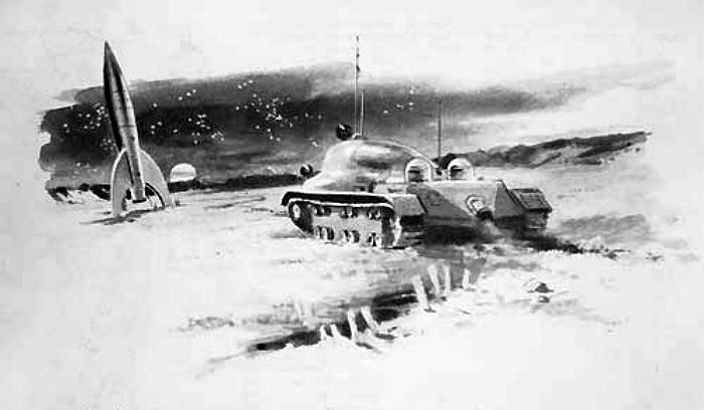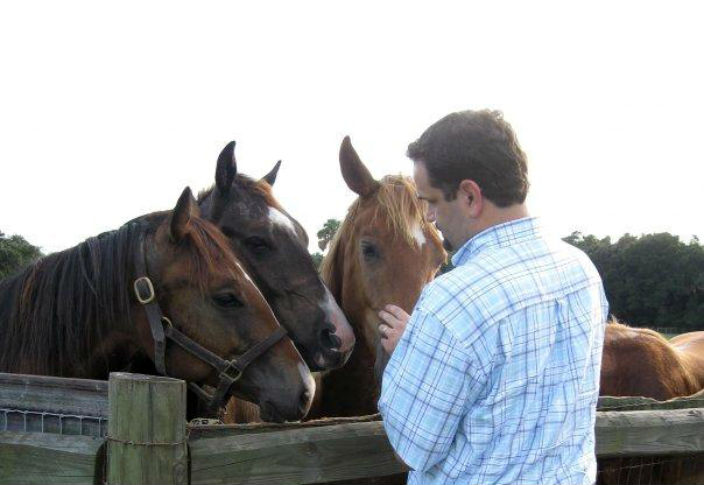
Photo by Alexander Dubynin.
metkere.com is launching a joint project with Eureka magazine dedicated to the scientific ideas born in Siberia. The first issue is devoted to the destabilizing selection and domestication of foxes. The idea of destabilizing selection was initially proposed by Dmitry Belyaev, first director of Institute of Cytology and Genetics of Siberian Branch of Russian Academy of Science (from 1959). Thanks to him we now have a better understanding of the domestication process in terms of biology, primarily for the ancestors of the dogs. And that seems to be universally recognized. Read More



